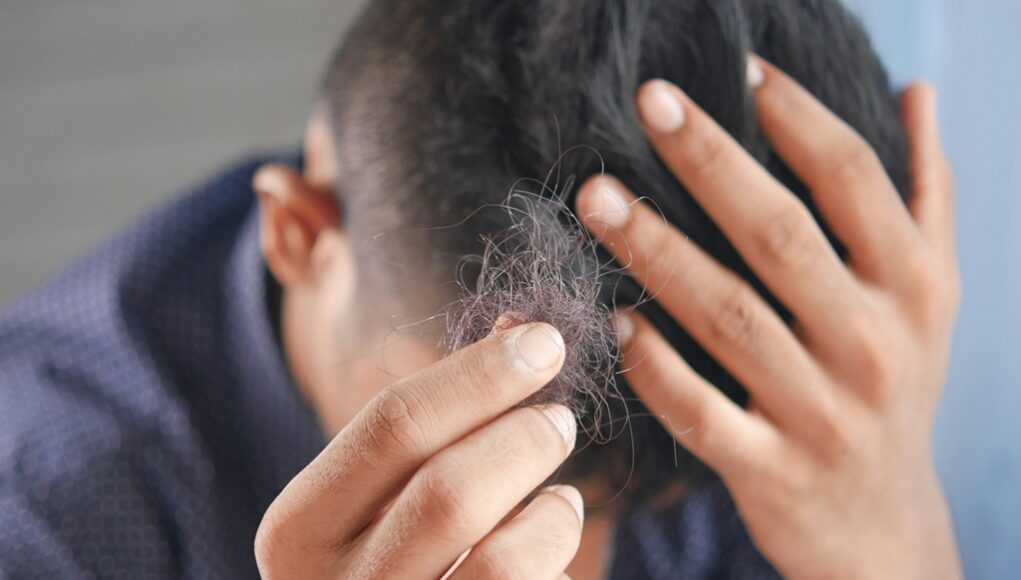Alopecia is a condition that causes hair to fall out in small patches. Over time, these patches may connect, leading to more noticeable hair loss. While it’s a challenging condition both physically and emotionally, understanding and finding ways to cope can significantly improve your quality of life. Here are some practical tips on dealing with hair loss due to alopecia.
Understanding Alopecia
Alopecia is an autoimmune disorder where the immune system mistakenly attacks hair follicles, causing hair loss on the scalp, face, and sometimes on other parts of the body. The severity of hair loss can vary greatly from person to person.
Tips for Coping with Hair Loss Due to Alopecia
Seek Professional Help
Consulting with a dermatologist or trichologist can provide you with a proper diagnosis and treatment options. They can offer solutions that might slow down the hair loss or help in regrowing your hair.
Consider Hair Coverings
Wigs, hats, scarves, and turbans can all be stylish ways to cover hair loss if it makes you feel more comfortable. There’s a vast array of options available, so you can choose whatever fits your personal style the best.
Explore Hair Regrowth Treatments
There are treatments available, such as topical minoxidil (Rogaine) and corticosteroid injections that some people find effective. Discuss these options with your healthcare provider to understand the potential benefits and side effects.
Take Care of Your Scalp
A healthy scalp can sometimes encourage hair growth. Use gentle, nourishing shampoos and avoid harsh chemicals. Keeping your scalp moisturized can also prevent dryness and irritation.
Connect with Others
Joining a support group for people with alopecia can be incredibly helpful. Sharing your experiences and hearing how others deal with their hair loss can provide comfort and practical advice.
Focus on What You Control: While you may not have control over hair loss, you can control other aspects of your appearance and how you feel about yourself. Investing time in your hobbies, dressing in ways that make you feel confident, and practicing self-care can all improve your self-esteem.






